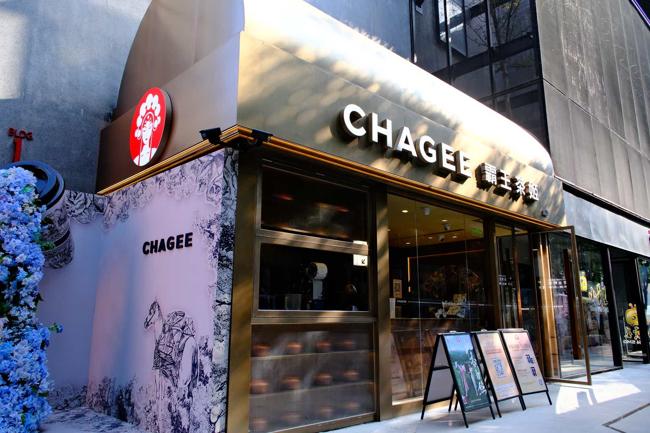Summary
Chagee’s rapid growth, high margins, and international ambitions make it an intriguing consumer growth story. Read why I remain cautious on CHA stock.
Source: Seeking Alpha

AI News Q&A (Free Content)
Q1: What are the key factors contributing to Chagee's rapid growth and international ambitions?
A1: Chagee, a Chinese milk tea chain founded in 2017 by Zhang Junjie, has seen rapid growth due to its unique branding, which draws inspiration from traditional Chinese opera. Its signature product, tea made with fresh milk and whole-leaf tea, coupled with a franchising model, has set it apart in the competitive market. The company's ambition to become the 'Oriental Starbucks' signifies its international aspirations, as it aims to replicate its domestic success on a global scale.
Q2: How does Chagee's business model compare to other fast-food chains globally?
A2: Chagee operates on a franchising model similar to many global fast-food chains, allowing for rapid expansion without heavy capital investment. This approach is akin to major players like McDonald's and Starbucks, which leverage franchising to scale operations efficiently. However, Chagee's unique cultural branding and product offerings provide a distinctive edge in the crowded market of fast-food chains.
Q3: What insights do scholarly articles provide about the dynamics of the consumer goods market?
A3: Recent scholarly work highlights the dynamics of consumer preferences and market stability. A study on online cultural markets reveals that aligning ranking strategies with consumer preferences leads to stable outcomes, emphasizing the importance of understanding heterogeneous consumer interests. Such insights can be pivotal for businesses like Chagee, looking to tailor their offerings to diverse international markets.
Q4: What are the challenges faced by companies like Chagee in expanding internationally within the consumer goods sector?
A4: International expansion in the consumer goods sector presents challenges such as navigating diverse consumer preferences, regulatory environments, and competitive pressure. Companies must balance local adaptation with brand consistency, as highlighted in research on economic decision-making under complexity. This complexity requires businesses to be agile and responsive to both global and local market dynamics.
Q5: How does Chagee's product pricing strategy contribute to its competitive advantage?
A5: Chagee's pricing strategy, with drinks priced around RMB 20 (approximately USD 2.75), positions it as an affordable luxury, appealing to a broad consumer base. This pricing, combined with high-quality ingredients and unique cultural branding, enhances its competitive advantage. The strategy effectively taps into the growing middle-class market in China and potentially appeals to similar demographics globally.
Q6: What role does consumer behavior play in the success of fast-moving consumer goods like those offered by Chagee?
A6: Consumer behavior is crucial in the success of fast-moving consumer goods. Research indicates that promotional strategies aligned with consumer behavior can predict market trends and enhance sales. For Chagee, understanding consumer preferences and adapting marketing strategies accordingly can lead to sustained success, particularly in new international markets where consumer behavior may differ significantly from domestic trends.
Q7: What lessons can other consumer goods companies learn from Chagee's approach to branding and market expansion?
A7: Chagee's approach to branding, which integrates cultural elements with modern marketing strategies, offers valuable lessons in creating a unique brand identity. By positioning itself as a cultural ambassador through its products, Chagee not only differentiates itself but also appeals to consumers seeking authentic experiences. Furthermore, its franchising model provides a blueprint for scalable expansion, demonstrating the importance of a flexible yet consistent business model in capturing new markets.
References:
- Wikipedia - Chagee: https://en.wikipedia.org/wiki/Chagee
- Stability and Efficiency of Personalised Cultural Markets - Haiqing Zhu, Yun Kuen Cheung, Lexing Xie
- Economic decision making: application of the theory of complex systems - Robert Kitt
- Minority Game of price promotions in fast moving consumer goods markets - Robert D. Groot, Pieter A. D. Musters





